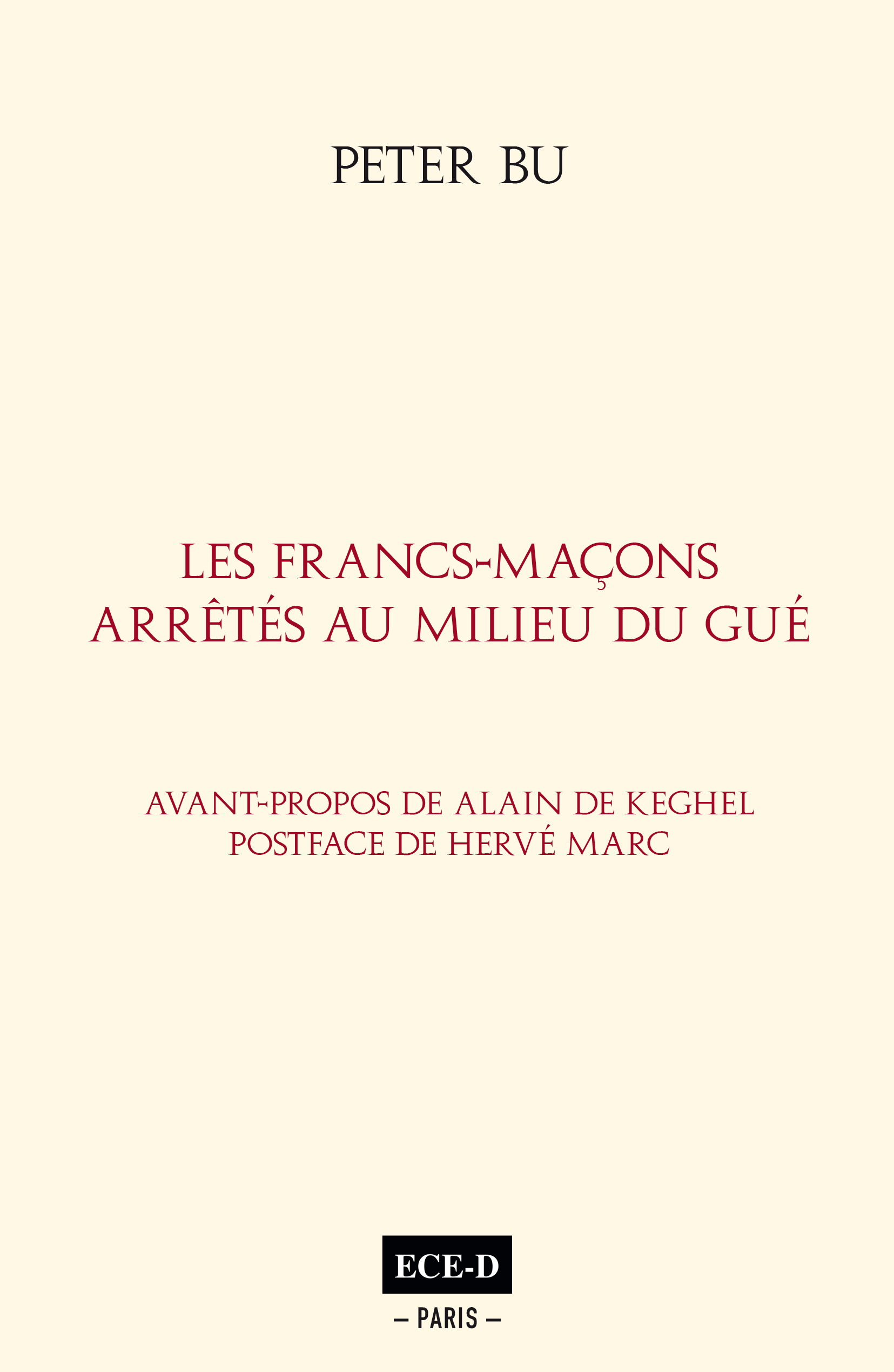Notes
1Decoding information takes effort, and this effort allows us to better understand the meaning of what we decipher. The alchemists proceeded in the same way, for the same reasons. Umberto Ecco confirmed this in opening his brilliant Foucault’s Pendulum, "the least read bestseller in the world" by citing Heinrich Cornelius Agrippa von Nettesheim’s work De Occulta Philosophia: "Only for you, children of doctrine and learning, have we written this work. Examine this book, ponder the meaning we have dispersed in various places and gathered again; what we have concealed in one place we have disclosed in another, that it may be understood by your wisdom".
2''Open'' obediences are accessible to all who respect Masonic ideals but want complete freedom of thought; ''closed'' or ''reserved'' share the same fundamentals but operate under almost unchanging rules and only include those who do not question.
Should we clarify that this distinction does not imply any value judgments? To be viable, any society needs ''conservatives'' as well as ''progressives.'' Respect for tradition is as important as the ability to innovate. Considering Freemasonry and the countries where it operates, the two attitudes are justified and should be able to coexist.
3These organisations exist elsewhere and anyone can join without going through Freemasonry. However, the initiatory nature of Freemasonry does not exclude the lodges from charity or societal debates because they contribute to the initiation process. (This view is developed further.)
4However, bringing the two streams of the Masonic movement together does not imply that the Confederation must accept any group that bears the name ''Freemasonry'' without having anything in common with the European initiatory tradition: See the terms of membership outlined further on.






